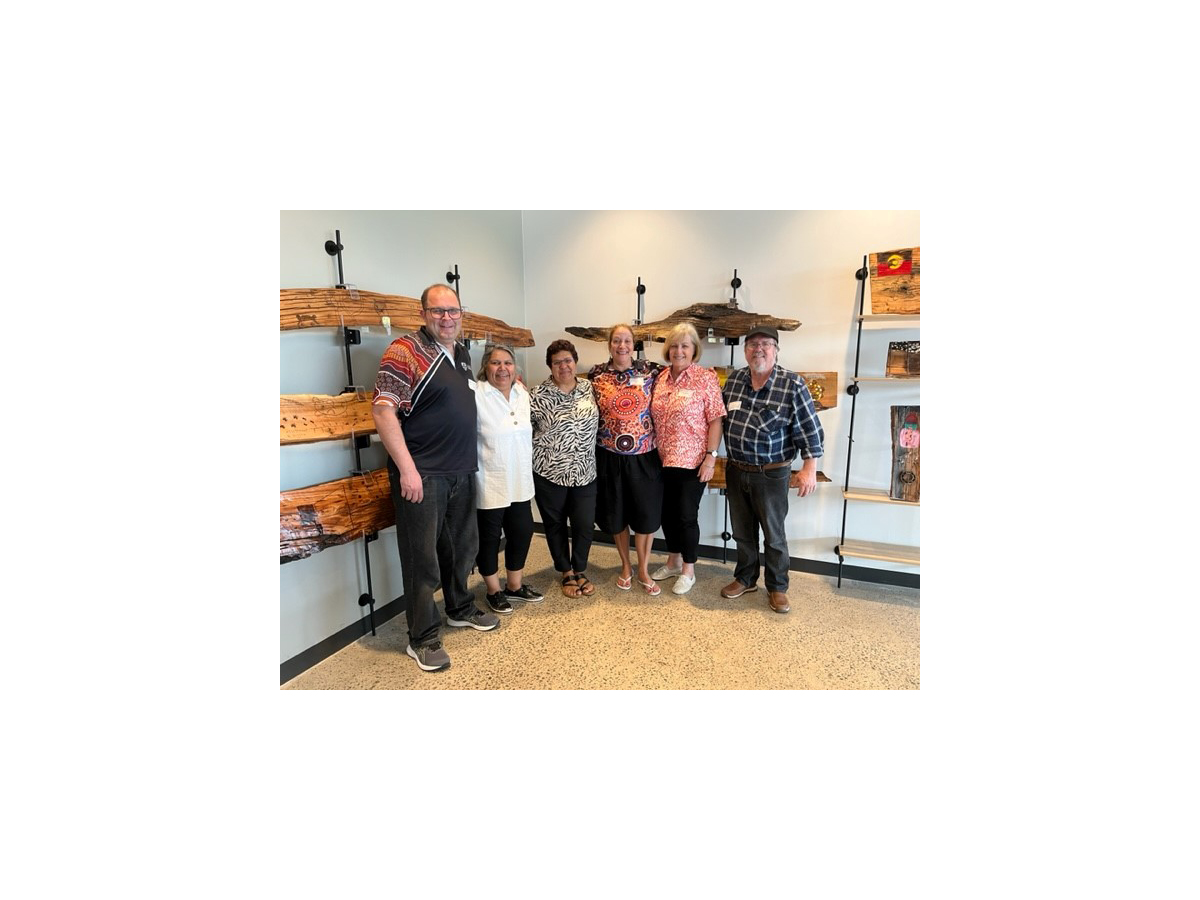Indigenous scholars from Australia, the US, Canada and Sweden shared their ideas at the inaugural International Indigenous Disability Research Symposium, held at the University of Sydney.
This international platform was hosted by John Gilroy, Professor of Indigenous Health and Disability, University of Sydney, the first Aboriginal with disability to lead Indigenous disability research at a scholarly level. An exhibition of his art: “People’s experience of the NDIS’, a series of wood-burned art pieces was unveiled at the symposium.
Presentation topics included: First Nations Disability and Inclusion in Australia; Disability Research with Indigenous Peoples of Canada; Aboriginal and Torres Strait Islander People with TBI; Overview of Indigenous Sign Language and Research with Blind or Vision Impaired Aboriginal People.
Strength and collaboration were the key words to emerge from presenters and those attending, calling for educators, clinicians and researchers to come together to influence policy.
University of Melbourne senior lecturer, Dr Sheelah Daniels-Mayes, a Gamilaraay/Gomeroi woman, spoke about the Equity Needs Assessment Tool, that has not been tested but has assisted in law cases, and with students and staff at universities. The tool is designed to outline difficulties students with disability are experiencing, what they are doing to overcome these barriers and how much it is adding to their workload. “The tool is unique and can be applied to other areas such as childcare or aged care,” she told F2L. She gave an example of this working with her digital accessibility support worker, who is with her 10 hours a week carrying out eyesight work she is unable to do, such as getting a signature on a PDF document. “What she does in four seconds would take me several hours.”
Dr Jocelyn Jones, from Curtin University National Drug Research Institute, a Noongar woman from WA, spoke about Aboriginal people with disability who have experienced domestic and family violence. Her research focus has been on the inequities around juvenile justice, disability and child protection.
Government of Canada special disability advisor Dr John Ward’s presentation was on disability research with Indigenous peoples of Canada. Ward has defended the rights of Indigenous peoples with learning disabilities, particularly those with dyslexia.
Giving an overview of Indigenous Sign Languages was University of Sydney adjunct lecturer, Rodney Adams, a deaf Koori from Western NSW. He is working on a new course ‘Disability and Decolonisation’. His research on Aborignal and Torres Strait Islander people is essential for understanding deaf health, Indigenous health, education and social wellbeing.
The big takeaway from the symposium was to hold an international conference for people with different abilities to collaborate on multi-disciplinary initiatives.
As one speaker said: “We cannot accept the status quo as it will not get us very far. Strength becomes stronger when it is done together, and we don’t leave anyone behind. Research driven by us, based on the principles of collaboration, should be embedded in what we do.”
Caption: Professor John Gilroy University of Sydney, Kerrie Colegate Edith Cowan University, Dr Jocelyn Jones Curtin University, Jennifer Cullen CEO Synapse, Professor Beth Armstrong Edith Cowan University and Dr Stuart Crowe Edith Cowan University.

